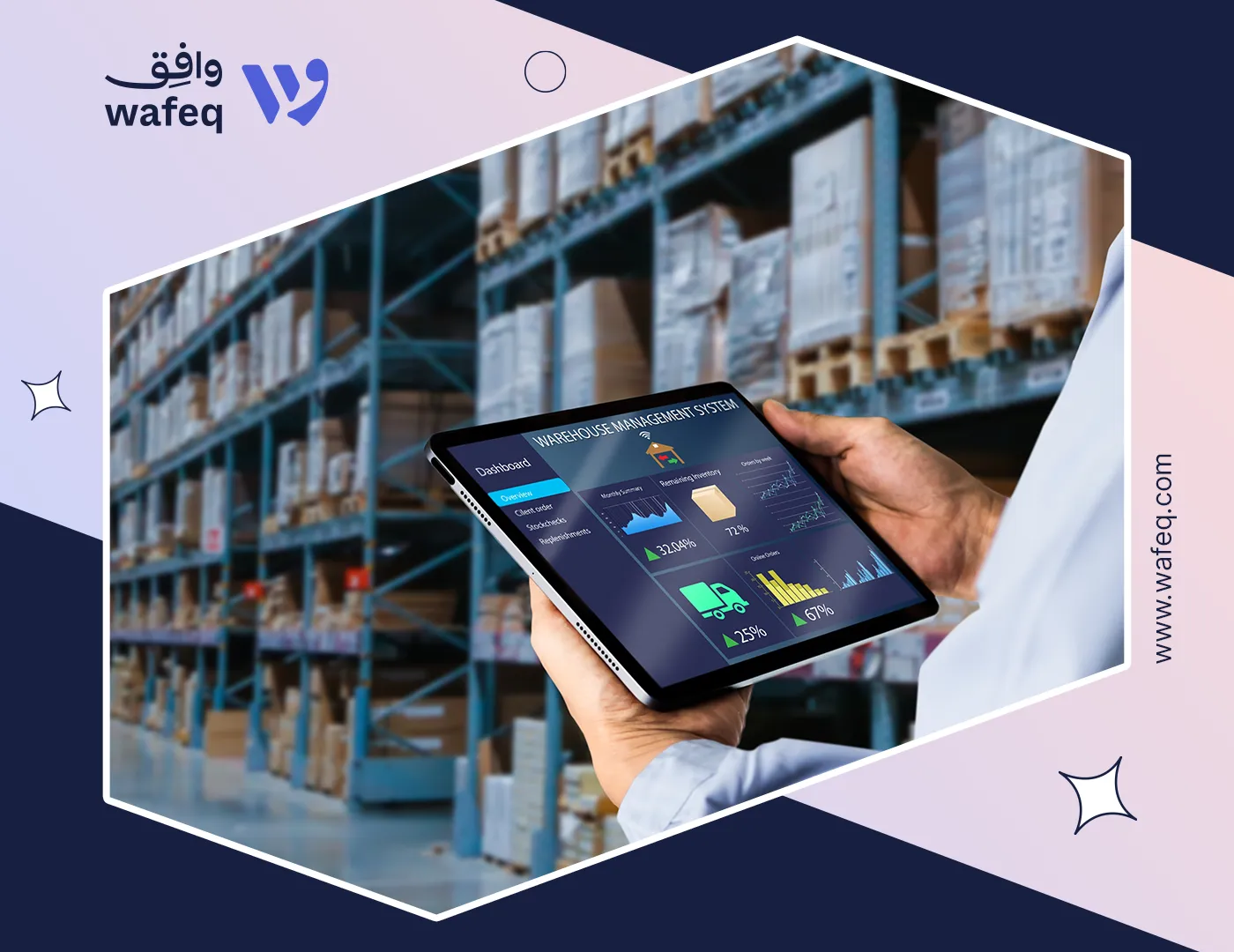Point of Sale (POS): What is it and How Can It Enhance Business Operations?

The term "Point of Sale" refers to the place where sales transactions occur, like restaurants, retail stores, and small shops. These systems can range from as simple as a calculator to as complex as a fully integrated computerized sales system.
Today, POS systems are digital systems consisting of a combination of hardware and software that aid businesses in organizing and facilitating buying and selling. POS systems are a crucial part of any business operation, enabling businesses to track sales, manage inventory, analyze data, and improve customer service.
The Components of a POS System
POS systems comprise a combination of hardware and software. In terms of hardware, modern systems can include computers or tablets, barcode scanners, receipt printers, and cash drawers. As for the software, POS software can aid in sales tracking, inventory management, and data analysis. This software may be installed on a local device or may be cloud-based
The Main Benefits of POS Systems
POS systems go beyond being merely a tool for cash transactions; they carry a range of benefits that can enhance business efficiency and boost productivity. Some of these benefits include:
- Sales Tracking: These sales systems allow businesses to accurately track sales, helping to predict consumption patterns and plan for the future.
- Inventory Management: The systems provide efficient ways of monitoring inventory, ensuring that products are available when needed.
- Data Analysis: Modern systems allow data collection and analysis, offering deep insights into business performance and future trends.
- Improved Customer Service: With the ability to track customer details and previous purchases, POS systems can offer a personalized customer experience, fostering loyalty and encouraging repeat purchases.
Read more: How To Learn And Implement Data Analytics In Business.
Different Types of POS Systems
There are numerous types of POS systems available, each designed to cater to specific industry needs. Here are some common types:
Retail POS: These systems are designed to cater to the needs of retail stores, including features for inventory management, sales tracking, and reporting.
Restaurant POS: These systems are specifically designed for restaurants and may include features such as tableside ordering, time control, and staff management.
Mobile POS: These systems allow businesses to conduct transactions from anywhere, making them ideal for traders who operate on the road or in public places.
Configuring your Foodics integration with Wafeq.
Choosing a POS System
Choosing the right POS system depends on several factors, including:
- Cost: The cost of systems can vary based on the features and technology used.
- Functionality: Choose a system that meets your specific business needs, whether that be inventory management, sales tracking, or data analysis.
- Ease of Use: A good sales system should be easy to use and not require intensive training.
- Technical Support: Ensure the system you choose includes reliable technical support in case of issues or questions.
- Scalability: As your business grows, you might need more features or adapt to a larger number of users or locations.
POS System Security
In today's digital world, security is an important factor in any POS system. POS systems provide security in the following ways:
- Compliance: Many systems are compliant with security standards like PCI DSS to ensure the safety of customers' financial information.
- Encryption: Systems use encryption to protect customer data and transactions from theft or manipulation.
- Fraud prevention: Modern systems have anti-fraud functions, like identity verification, to minimize illegitimate transactions.
Integration with Other Systems
The ability to integrate with other business systems is a key feature of any POS system. This can include:
- Accounting Systems: Integration with accounting systems can help streamline financial operations and improve report accuracy.
- Customer Relationship Management (CRM): Integration with a CRM system can enhance customer service by providing more accurate information about customer behavior and purchasing.
- Supply Chain Management: Integration with supply chain management systems can improve inventory management and planning for future orders.
Modern Technology in POS Systems
With advancements in technology, POS systems have become more advanced and integrated. Some modern technologies that POS systems can include are:
- Cloud Technology: Cloud computing allows businesses to access their data from anywhere, updating information in real-time.
- Advanced Analytics: Modern systems are capable of collecting and analyzing data to provide detailed reports that aid in strategic decision-making.
- Mobile Technology: Mobile POS systems allow businesses to conduct transactions anywhere, providing flexibility and convenience to customers.
Case Studies or Examples
One key element in understanding the importance and value of a POS system is to look at some real-world examples of businesses that have already benefited from them. For instance, there might be a large retail company that transitioned from a traditional system to a modern integrated one, resulting in improved inventory management and loss reduction. Or there could be a restaurant that utilizes a mobile POS system to enhance customer experience and expedite service.
Conclusion
Choosing the right POS system is vitally important to the success of any business operation. Understanding your unique needs, evaluating the key characteristics and features of each system, and considering practical examples that illustrate how these systems can be used effectively are all important factors to consider. This article provides an overview of the importance of POS points and the benefits they can offer in enhancing operational efficiency, achieving sustainable growth, and improving customer experience. We hope it has provided you with the tools and information needed to make an informed decision about the best POS system that suits your needs and business goals.
Use Wafeq - an accounting system to keep track of debits and credits, manage your inventory, payroll, and more.
Use Wafeq - an accounting system to keep track of debits and credits, manage your inventory, payroll, and more.


.png?alt=media)









